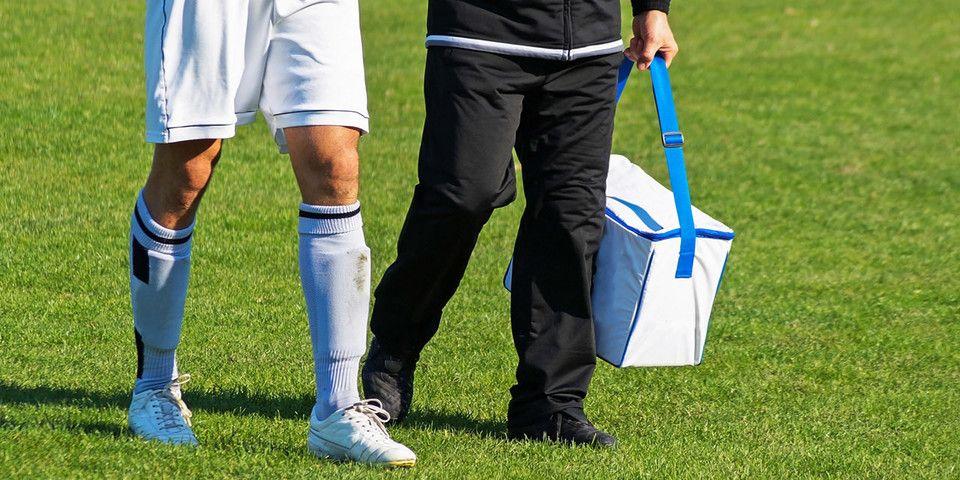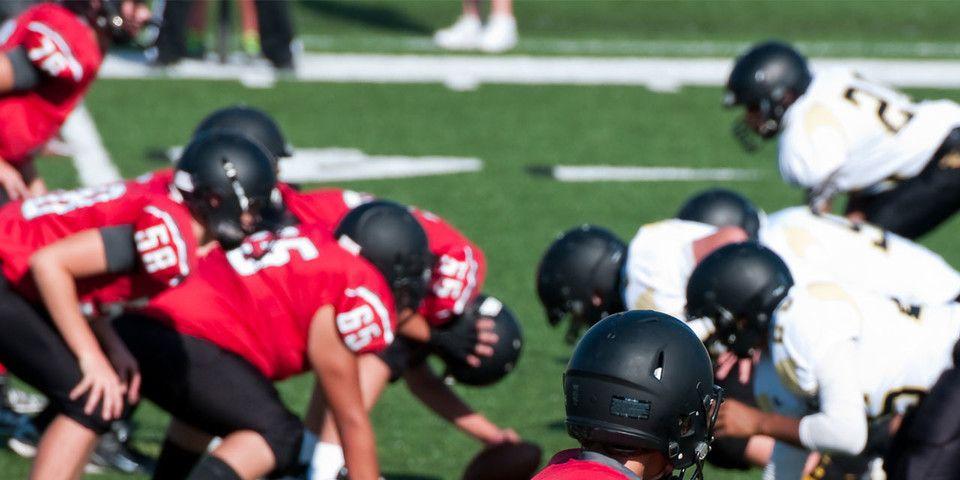How to Know When You Need to Consult a Shoulder Injury Physician
Rothman Orthopaedic Institute answers your questions about shoulder injury and its symptoms, diagnosis, and physician options.
The stability of your shoulder depends on the health of the muscles, tendons, and ligaments that surround it. Due to the number of potential complications that can arise in these tissues, as well as the high level of activity it performs daily, the shoulder is particularly susceptible to many common debilitating conditions. If you or someone you love is wondering whether to consult a shoulder injury physician, Rothman Orthopaedic Institute is here to address your symptoms and treatment options.
Your shoulder joint is composed of three bones: the clavicle (collarbone), the scapula (shoulder blade), and the humerus (upper arm bone). Your shoulders have the greatest range of motion of any joint in the body, but they can also become unstable because of their very large range of motion hinges on relatively small joint surfaces.
The following conditions are the most common sources of shoulder pain:
-
Bruises – Torn or ruptured blood vessels under the skin, often the result of a twist, bump, or fall.
-
Strains and Sprains – Pulled muscles and injuries to the ligaments in the shoulder joints.
-
Fractures – A fracture (or break) in the bone which may occur when a bone is twisted, struck directly, or used to brace against a fall.
-
Rotator Cuff Injury – Damage or strain to one or more of the four muscles and tendons around the shoulder joint, which rotate the arm at the shoulder and provide a supportive cuff around the joint.
-
Glenoid Labrum Tear – Injury to the ring of tissue connected to the rim of the shoulder socket where the ball of the humerus fits, usually caused by repetitive movements or manipulation of heavy objects.
-
Frozen Shoulder – A painful condition consisting of a cycle of chronic stiffness of the shoulder joint in three phases; a painful freezing phase where the joint tightens up, a stiff phase where the mobility of the shoulder is significantly impaired, and a thawing phase where the pain gradually reduces and mobility returns.
-
Shoulder Instability – Also known as shoulder dislocation, occurs when the humerus pops out of the shoulder joint. Dislocations of the shoulder often recur and lead to long term instability. There is a milder version of this injury called a subluxation where the humerus only partially comes out of the joint and pops back in immediately.
-
Acromioclavicular (AC) Joint Injury – Also called a shoulder separation (but not be confused with a shoulder dislocation), an AC joint injury is usually the result of a fall onto the top of the shoulder or a fall on outstretched arm.
Many shoulder injuries can be treated at home through self-care and the “R.I.C.E.” (Rest, Ice, Compression, and Elevation) treatment method as prescribed by a physician. However, if the following symptoms present, patients should consult a shoulder injury physician right away:
-
Severe swelling around the injured area.
-
Deformity
-
Severe pain in or around the shoulder and inability to move the shoulder after 24 hours.
-
An audible “pop” or “crack” in the shoulder joint area.
-
Pins and needles or numbness in the arm or hand.
-
Inability to complete normal daily activities after the initial 72 hours.
The first course of action for anyone suffering chronic pain should be consulting with your doctor. For more specialized help, see a shoulder injury physician at Rothman Orthopaedic Institute. Our physicians are some of the most experienced specialists for shoulder health, and they can offer comprehensive and caring physician for you.
Visit us here or contact us at 1-800-321-9999.
Related Physicians
Related Specialties
Related Conditions
Related Programs
-

Athletic Training- Sport Medicine Outreach
Our Field Athletic Trainers provide direct sports medicine care to youth, high school, college and professional athletes. Rothman AT’s provide athletic training services throughout Southeastern PA to interscholastic high schools, colleges, as well as tournaments and special events.Read More -

Injury Prevention Program
The Injury Prevention Program at the Rothman Orthopaedic Institute is dedicated to the prevention of injuries from athletic participation, particularly youth sports.Read More -

Overhead Throwing Program
Whether it’s throwing a javelin or pitching a baseball, the overhead or throwing athlete is exposed to tremendous forces during overhead sports.Read More




